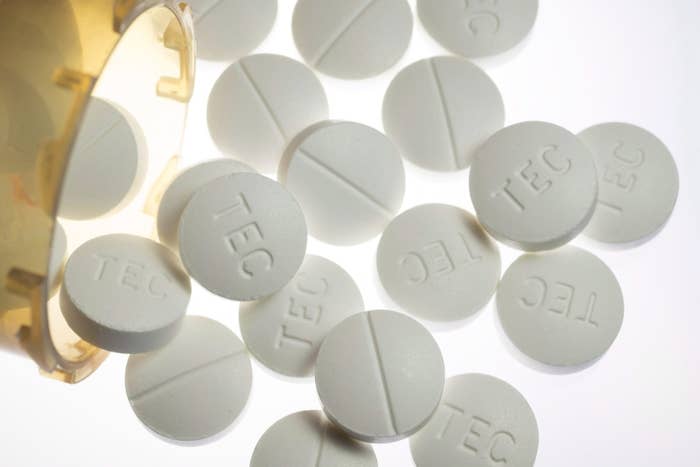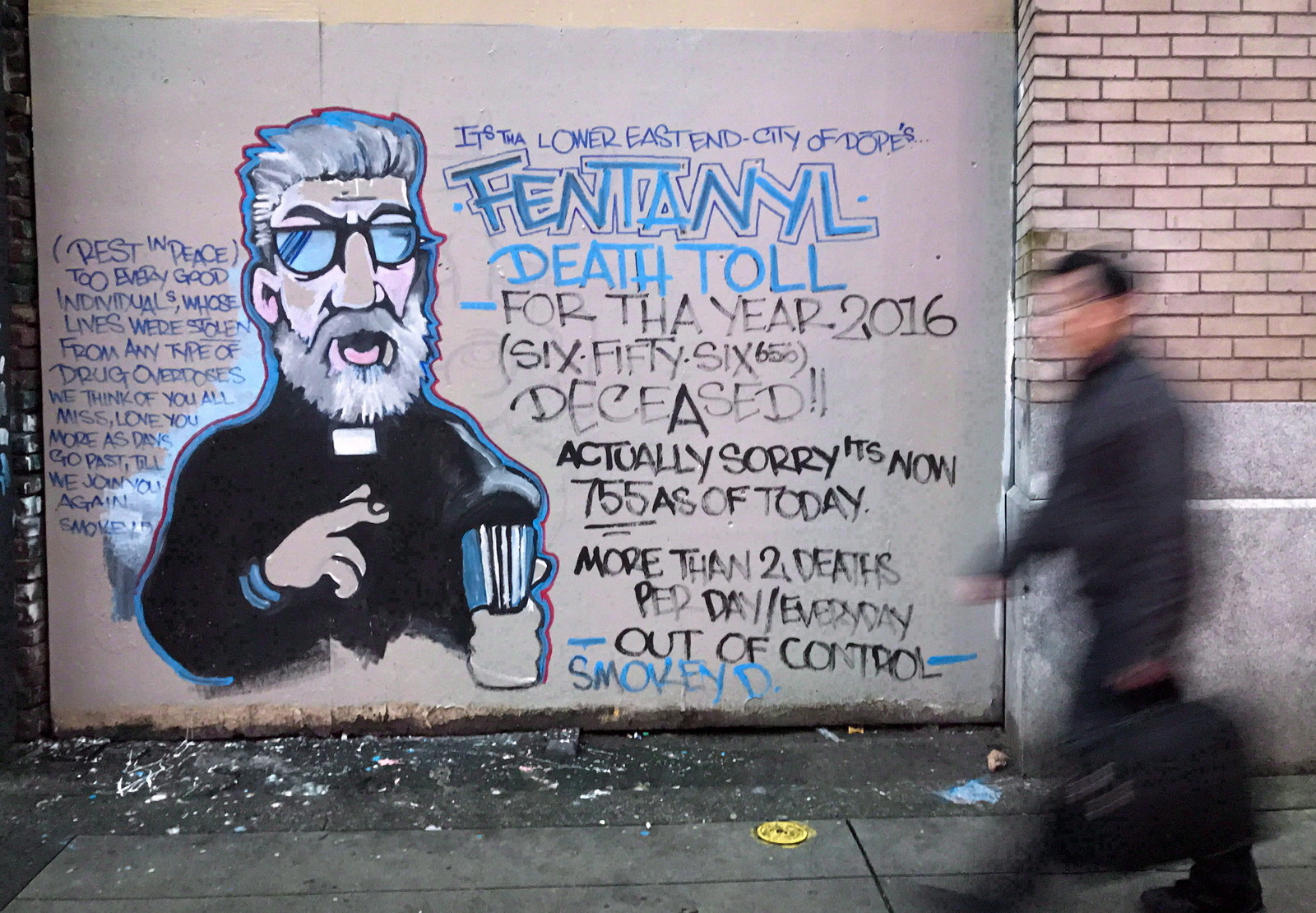
The future of harm reduction for drug users might be in vending machines.
That’s something that Canadian health officials are banking on, as the country is still trying to grapple with a cross-country drug epidemic.
In Vancouver, British Columbia, those struggling with opioid addictions may soon be able to obtain pills from a vending machine for a nominal price, allowing the government to both monitor their usage and the quality of the opioids they’re taking.
In the first six months of 2017 alone, nearly 1,500 Canadians died of apparent opioid overdoses, pushing harm reduction advocates to call on governments across the country to step up and figure out how to end the crisis.
Many of the overdoses have been driven by fentanyl, the relatively-cheap and extremely-powerful opioid that has ravaged parts of the U.S. and Canada, partly because the drug is so cheap in relation to its potency.

Nationally, Prime Minister Justin Trudeau’s government has pushed access to safe consumption sites, where drug users can access clean needles and take drugs under supervision of trained nurses.
But Mark Tyndall, Executive Director of the B.C. Centre for Disease Control, says those sites aren’t enough. That’s why his agency is piloting the use of these vending machines.
"We're exploring different methods,” Tyndall said in a press conference last month. “One of the more extreme models would be anonymous vending machines, but we're exploring many models that would just allow people access to a safe supply of drugs."
The pilot project comes with the support of the B.C. government — “we think it’s important we be bold and innovative,” said the province’s Mental Health and Addictions Minister Judy Darcy in a press conference — and with financial resources from the federal government.
In a peer-reviewed commentary, published this week in the Canadian Medical Association Journal this week, Tyndall says health agencies need to move beyond thinking it can simply wish away the problem.
“Simply warning people to avoid fentanyl or the plethora of new synthetic analogs is both naive and ineffective,” Tyndall wrote, adding: “The public health response to any poisoning epidemic should be to provide safer alternatives for people at risk.”
The vending machines would distribute hydromorphone, a prescription opioid made from morphine that has been shown to help users break their addiction to more serious opioids, like fentanyl.

Tyndall says the vending machines could be added to “community clinics, supportive housing units, pharmacies, special harm-reduction units and supervised injection sites.”
The whole idea behind the machines isn’t just to make drugs readily available to users, it’s to ensure that, if users are going to use, the drugs are at least consistent.
“We will not get out of this crisis by simply improving on current prevention strategies,” Tyndall says in his commentary. “We must address head-on the direct cause of the overdose epidemic: a toxic drug market.”
While the idea may seem unconventional, drug vending machines have been used before. Vending machines with clean needles and pipes opened across Ottawa last year, an idea that was originally pioneered in the U.K. more than a decade ago.
The Canadian government has also been keen to try and tackle the issue of supply, given that street-level fentanyl and heroin can often be of varying potency and quality — something that experts say has exacerbated the overdose problem.
In 2016, the federal government opened the door to allow for doctors to give their patients controlled amounts of heroin — indeed, prescription heroin — that has to be imported from Switzerland, where it can be legally manufactured.
BuzzFeed Canada has reached out to Health Canada for comment.
